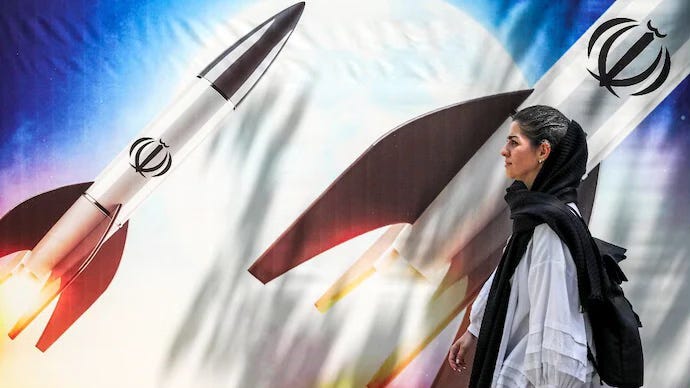Signs and Signals
Iran’s nuclear deterrence & pragmatism, Vladimir Putin on the Multipolar World
Iran’s nuclear deterrence & pragmatism
By Zakiyeh Yazdanshenas and Alam Saleh
While Iran previously refrained from directly retaliating against Israel for its alleged covert operations, including assassinating Iranian nuclear scientists and operatives of the Islamic Revolutionary Guard Corps (IRGC), it has decided to adopt a new stance.
The recent escalat…



